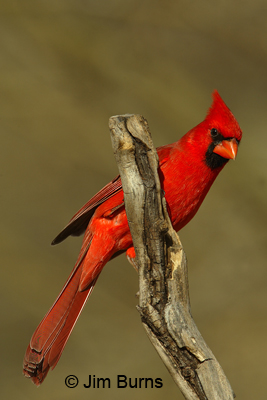
The three books he left were a wild and fascinating diversity of natural history titles somewhat at odds with our present day environmental sensibilities, but certainly representative of the bridge being built then between an ancient hunter/gatherer culture and the early twentieth century rise of nature study as a worthy end in itself. A hedge for the soldier in case his genes skipped a generation. Or he didn't return.
The first book, African Game Trails, by Theodore Roosevelt was a hand-me-down, a gift from the soldier's own father in 1911 and passed, oft-read and well worn, to the next generation. It recounts Roosevelt's hunting safari across the "dark continent" at a time when fang and claw were a greater danger there than disease and inter-tribal butchery. Teddy Roosevelt, known as the "conservationist president," created 150 national forests and our first National Wildlife Refuge on Pelican Island, Florida. It is without irony that Roosevelt called himself a "hunter-naturalist" and dedicated his book to his son whom he called "my side-partner in our great adventure."
The second book was Frank Chapman's Color Key To North American Birds. If Roger Tory Peterson brought birding to the masses with his illustrated field guides, Chapman was his immediate precursor, the first to believe species could be identified without shooting them, the first to see birdwatching as a pathway to nature, nature study as a recreation and a sport. Chapman's was the first guide to use short, trenchant phrases rather than long, descriptive prose. The colors in the book, like the soldier's dreams, have long since faded away.
The third book was a popular children's tale of the day, Velvet Paws And Shiny Eyes by Carol Cassidy Cole. In the story, a young boy who is abusive to the woodland animals in his rural environs is turned into an elf and must live alone in the forest among the creatures he has mistreated. A sympathetic owl becomes his mentor and, through the course of many fanciful adventures, the boy sees the light and repents his past transgressions.
The soldier, himself a child of nature yet a man of his times, was prescient indeed in his choice of these three disparate titles, each in its own special way a powerful introduction to the love and appreciation he had for the natural world--the ultimate road trip, an invaluable sourcebook, and a morality play.
He was prescient of course, in another way as well. I have a yellowed photograph. The last photograph. He sits in a dappled jungle clearing, calm amidst the battlefield chaos, double barred helmet on one knee, field glasses in one hand. I smell the sweat. I hear the tracers whining through the overhead vines. There's been no "side-partner in our great adventure," no comparing field notes, no mentor in the woods. But I thank him for his gift on a Christmas long ago. With this column I pay it forward. As did he.